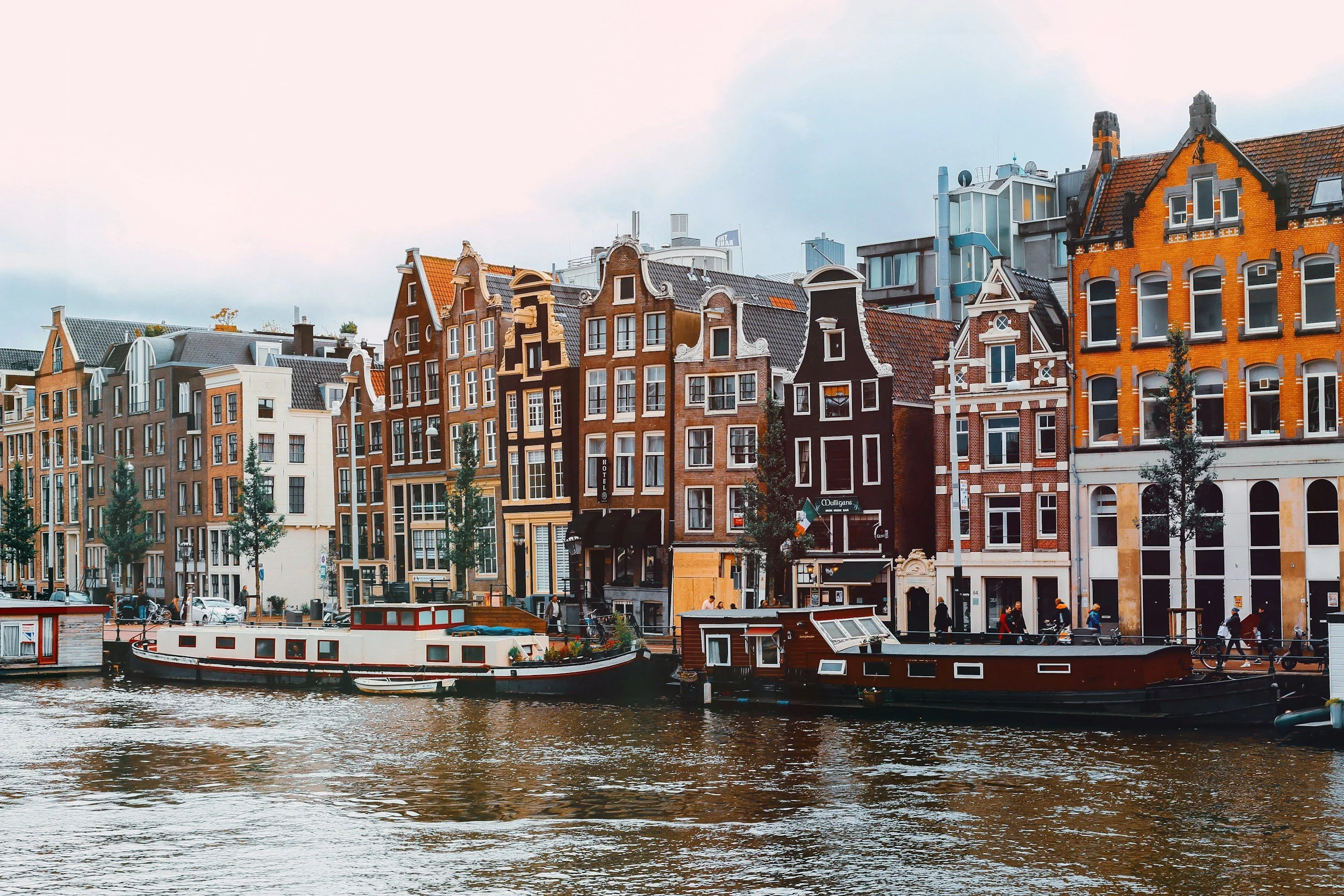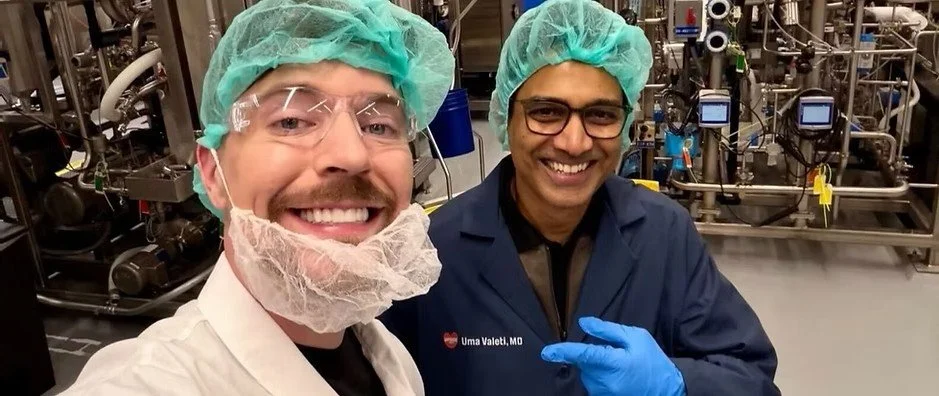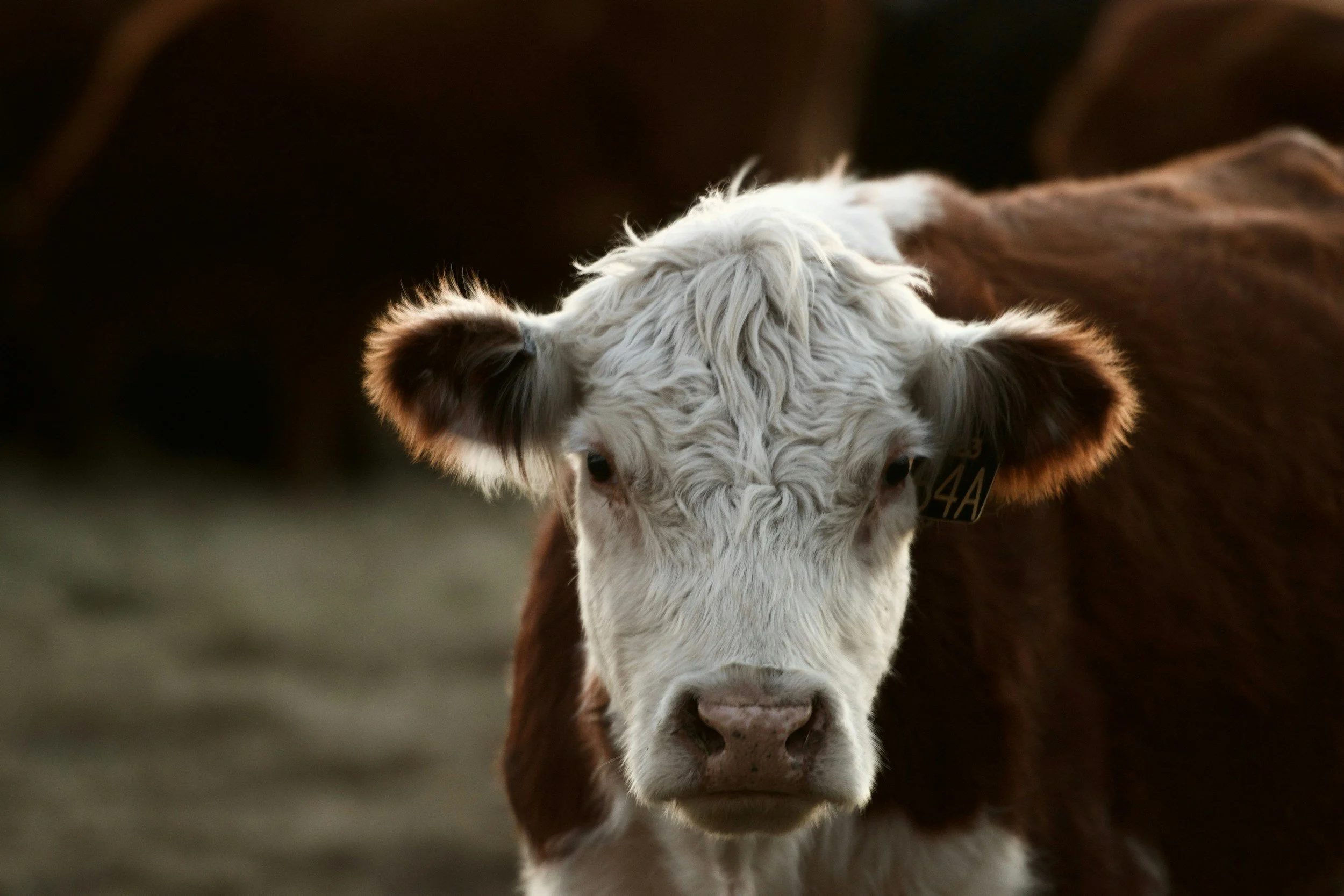David Attenborough’s new film exposes the destructive reality of bottom trawling
“If we save the sea, we save our world,” says David Attenborough.
David Attenborough looks out to sea in Southern England. The film is released in cinemas on his 99th birthday. Photo: Conor McDonnell
Devastating footage from Sir David Attenborough’s new documentary shows the destruction of bottom mega-trawlers as they rake through the ocean seabed.
‘Ocean With David Attenborough’, released in cinemas on May 8 to mark the renowned TV presenter’s 99th birthday, showcases the wonders of the ocean through visually stunning sequences of coral reefs, kelp forests, and the open ocean while demonstrating why the oceans’ health is vital in defending against climate catastrophe.
“My lifetime has coincided with the great age of ocean discovery,” said Attenborough. “Over the last hundred years, scientists and explorers have revealed remarkable new species, epic migrations and dazzling, complex ecosystems beyond anything I could have imagined as a young man.
“In this film, we share those wonderful discoveries, uncover why our ocean is in such poor health, and, perhaps most importantly, show how it can bounce back to life,” he continued.
In a powerful condemnation of the industrial fishing industry, the film exposes the greatest threats to the oceans’ health with newly released rare footage of bottom trawling.
This destructive method of fishing sees ships drag a large heavy iron net across the seabed, decimating habitats, releasing previously stored carbon, and catching everything in its path.
As Attenborough reveals in the film, trawlers are typically fishing for a single species - like cod or haddock - and discard over three quarters of their catch. “It’s hard to imagine a more wasteful way to catch fish,” he says. The unwanted animals are dumped back into the ocean.
An area almost the size of the Amazon rainforest is trawled every year, with the same places being targeted over and over again.
The number of animals killed unnecessarily by trawling was “the thing we found most distressing,” says Keith Scholey, the documentary’s co-director and executive producer.
“For the first time, people can see the destruction of bottom trawling unfold in front of their eyes — the heavy nets dragging across the ocean’s precious floor and killing everything in their wake,” said Enric Sala, National Geographic Pristine Seas founder and executive producer of the film. “I hope the film makes people all over the world fall in love with the ocean and inspires them to protect it.”
The impact of bottom trawling on the ocean floor can also be seen from above. Credit: Silverback Films, Open Planet Studios and Altitude
While exposing the devastating impact of bottom trawling, the film also offers a message of hope, featuring inspiring stories from around the world and reminding us that, with urgent action, the planet’s oceans and marine ecosystems can recover and thrive.
One way to do this is to fully protect 30% of the world’s oceans from fishing by creating Marine Protected Areas where industrial fishing is banned. Currently just 3% is protected in this way. This would cost around $20 billion each year, which is the same amount governments give as subsidies to the fishing industry.
Released in anticipation of the UN’s World Oceans Day in June, the film aims to encourage governments to take urgent action. Although member states have committed to protecting 30% of the world’s oceans, progress has been slow.
Attenborough calls on leaders to act now: “This could be the moment of change,” he says. “Nearly every country on Earth has just agreed on paper to achieve this bare minimum and protect a third of the ocean. Together, we now face the challenge of making it happen.”
The film will be rolled out to Disney+ later this year.
We Have A Favor To Ask…
Species Unite amplifies well-researched solutions to some of the most abusive animal industries operating today.
At this crucial moment, with worldwide momentum for change building, it’s vital we share these animal-free solutions with the world - and we need your help.
We’re a nonprofit, and so to keep sharing these solutions, we’re relying on you - with your support, we can continue our essential work in growing a powerful community of animal advocates this year.





